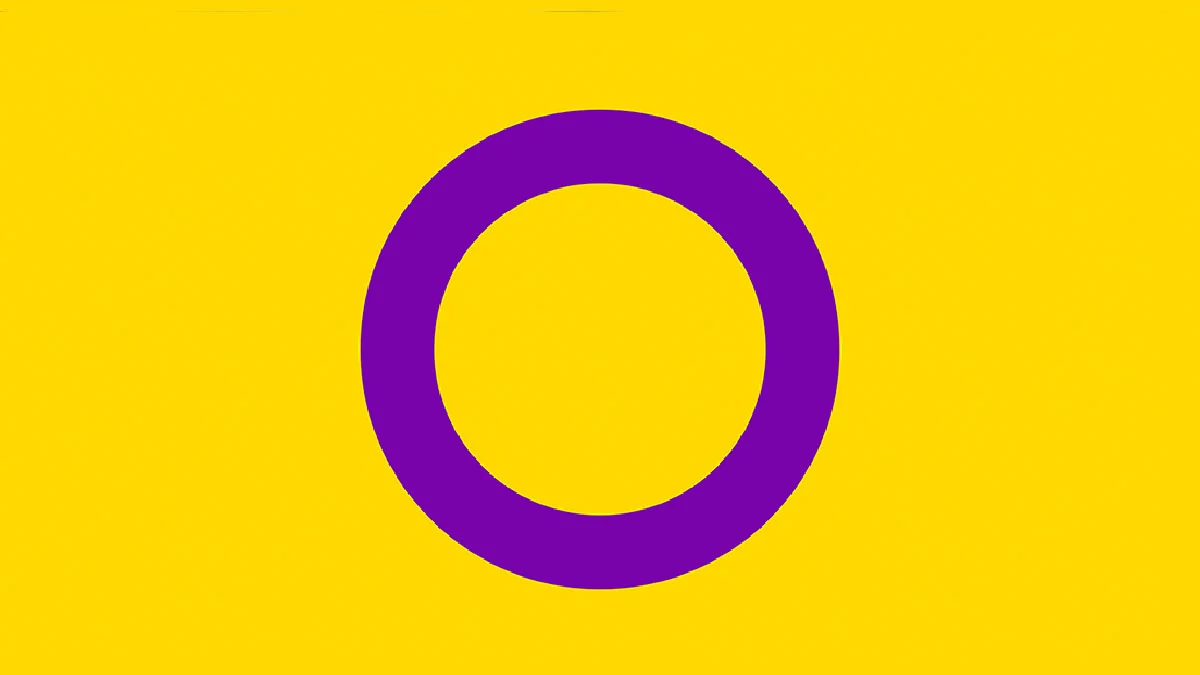
Urgent need to address intersex human rights violations, says European Parliament
On 14 February 2019, the European Parliament adopted its first resolution dedicated to intersex human rights.
«Intersex people are exposed to multiple instances of violence and discrimination in the European Union and these human rights violations remain widely unknown to the general public and policy makers» (para. A.), says the European Parliament. It also stresses the«urgent need to address violations of human rights of intersex people and calls on the Commission and Member States to propose legislation to address these issues» (para. 1).
«Intersex people suffer from multiple human rights violations that have been recognised by multiple international organisations», said Claude Moraes MEP, rapporteur for the resolution and member of the LGBTI Intergroup. «With this resolution, the European Parliament wants to ensure the European Union as a whole takes its responsibility in protecting the human rights of intersex people».
The resolution takes a strong stance against the medicalisation and pathologisation of intersex people, and condemns sex normalising treatments and surgeries , performed in at least 21 Members States and only prohibited in two (Malta and Portugal).
«Too many countries, whether in the EU or worldwide, still allow ‘sex normalising surgery’ to be performed on intersex children, even though most of the time they are not vital and performed for ‘societal’ or ‘cosmetic’ reasons» commented Anna-Maria Corazza Bildt MEP, shadow rapporteur for the resolution, member of the LGBTI Intergroup and co-chair of the Children’s Rights Intergroup at the European Parliament.
Wikipedia – intersex
Intersex people are born with any of several variations in sex characteristics including chromosomes, gonads, sex hormones, or genitals that, according to the UN Office of the High Commissioner for Human Rights, «do not fit the typical definitions for male or female bodies». Such variations may involve genital ambiguity, and combinations of chromosomal genotype and sexual phenotype other than XY-male and XX-female.
«The pathologisation, medicalisation, and inhumane treatments imposed to intersex children are in direct violations of international human rights standards, including the UN Convention of the Rights of the Child».
With this resolution, the European Parliament also raises attention on other difficulties faced by intersex people throughout their life, such as for example the lack of access to their medical records, the difficulty to access legal gender recognition based on self-determination.
It also calls for better support intersex civil society organisation, and asks the Commission to ensure EU funds do not support research & medical projects that contribute to violations of intersex people’s rights.
